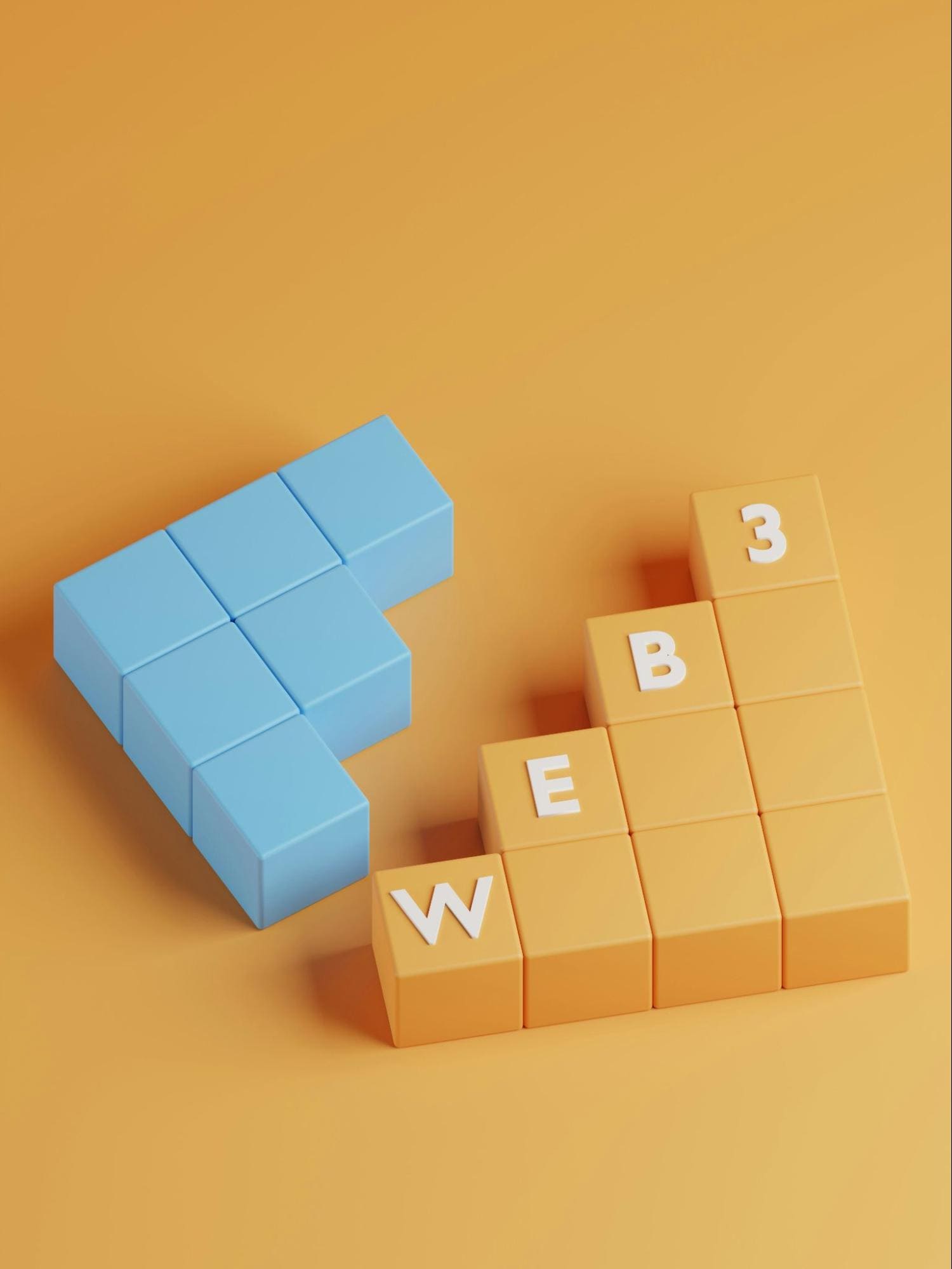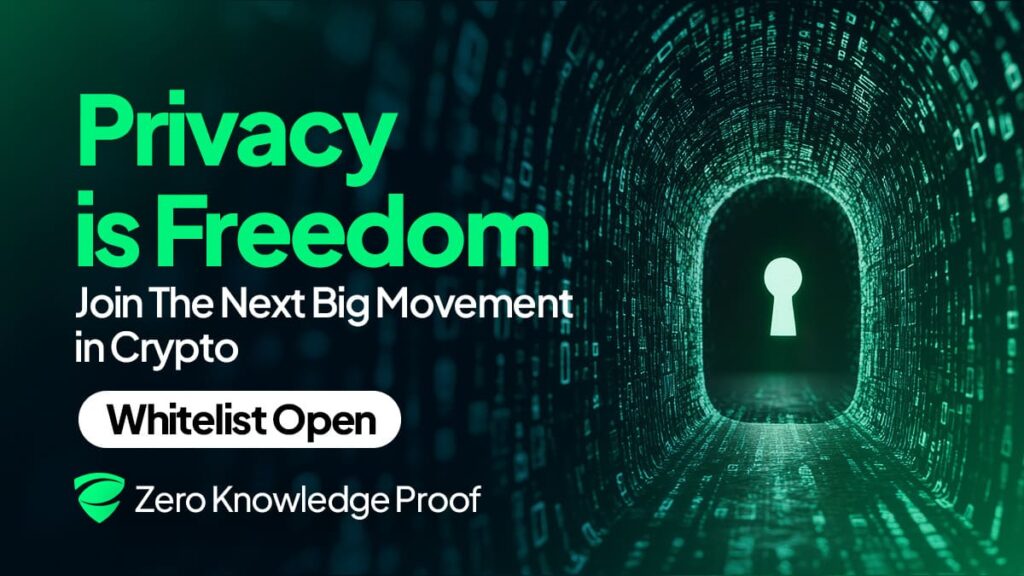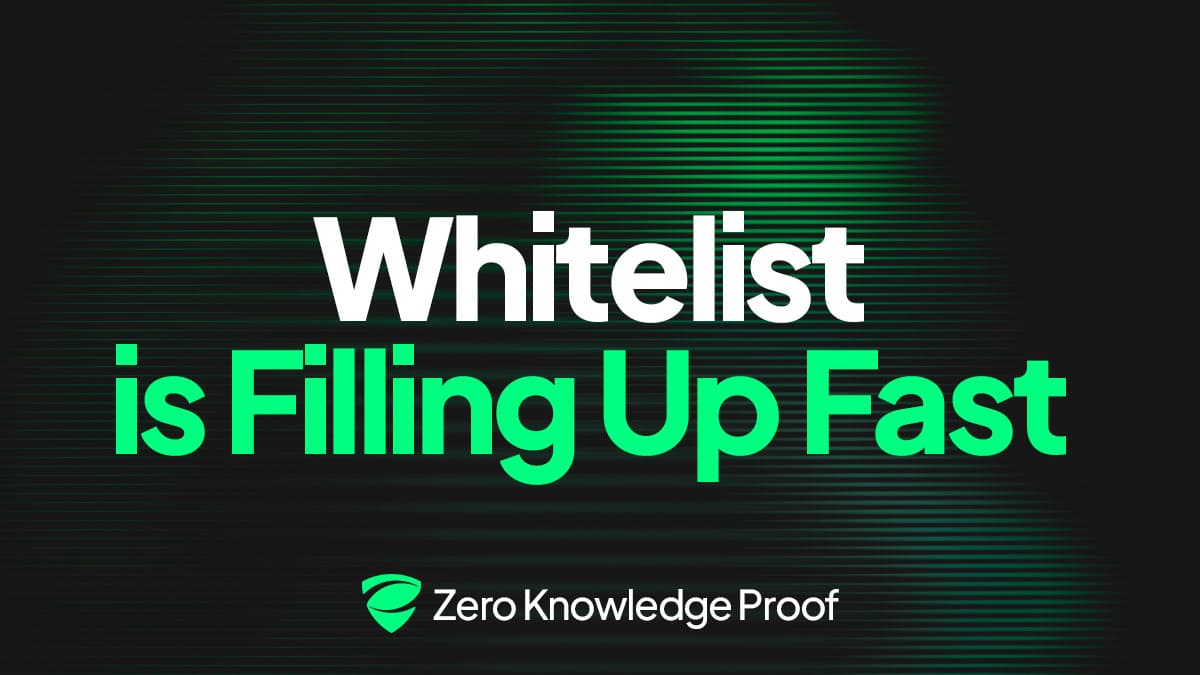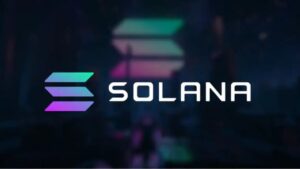For years, crypto promised decentralization but drifted toward new forms of control. Centralized exchanges replaced banks, and venture capital reshaped what was meant to be open access. Meanwhile, AI followed a similar path, collecting data faster than it protected it. Users contributed intelligence without having any say in how their information was used. Both industries slowly stepped away from their original commitments.
Zero Knowledge Proof (ZKP) enters as an answer to both problems. It doesn’t present itself as another blockchain layer. Instead, it introduces the first private AI network that verifies computation through cryptographic proof. Its manifesto challenges the traditional hierarchy built on hype, personalities, and selective privilege.
Zero Knowledge Proof is developed without venture capital and aims to create an ecosystem where privacy and proof are inseparable, positioning it as one of the top upcoming crypto presale projects due to its foundation-first design.
Where Private AI and Zero Knowledge Cryptography Converge
AI has always needed data, but data is exactly what privacy tries to shield. How can intelligence grow without exposing information? Zero Knowledge Proof blockchain addresses that question directly.
Zero Knowledge Proof (ZKP) integrates zero-knowledge cryptography into its computation layer. This allows AI models to validate and process information without revealing the underlying inputs. Every action is proven correct without disclosing what is being computed. In technical terms, Zero Knowledge Proof blends encrypted computation with proof aggregation, enabling privacy at scale.
In everyday terms, Zero Knowledge Proof transforms privacy from a switch into a core function. Even as models operate on sensitive data, users retain full authority over what stays hidden. While traditional AI systems rely on visibility and centralized oversight, the Zero Knowledge Proof project uses cryptographic assurance to guarantee that even validators cannot inspect what they verify.
Other networks such as Oasis and Fetch.ai explored privacy in AI using tools like encrypted compute and trusted execution environments. However, these approaches still rely on partial trust.
Zero Knowledge Proof (ZKP) advances the idea by making privacy verifiable throughout the process. It becomes the first blockchain to merge AI performance with native zero-knowledge logic, forming what could become the guidepost for secure decentralized intelligence and the most notable crypto presale opportunity emerging in 2025.
Replacing Blind Trust With Verifiable Fairness
If Zero Knowledge Proof (ZKP) protects data through its AI layer, it protects participation through its launch model. Both follow one principle: verification over trust.
Crypto has repeatedly announced “decentralized launches,” only to reveal insider access later. Zero Knowledge Proof (ZKP) avoids that structure entirely. The team has already invested over $100 million of their own capital into the network before opening the upcoming crypto presale or the now-live whitelist. This confirms the project’s independence from venture capital and eliminates private influence.
Just as cryptography removes trust from computation, it’s funding system removes trust from distribution. There are no privileged allocations, private discounts, or hidden backers.
The manifesto’s message, “fairness doesn’t need trust when math enforces it,” runs consistently across the project.
This unified principle gives Zero Knowledge Proof (ZKP) its strength. Privacy supports fairness, and fairness reinforces proof. This is why early analysts consider ZKP one of the upcoming cryptos positioned for major growth.
Why Zero Knowledge Proof (ZKP) Uses Auctions Instead of Traditional Presales
The manifesto sets the direction, and the auction-based presale model brings it to life. Traditional presales claim openness while benefiting insiders. Zero Knowledge Proof (ZKP)’s system replaces that imbalance with a transparent auction that applies one rule to every participant.
After the active whitelist phase concludes, the recurring auction will begin. Each auction lasts 24 hours and resets daily, offering multiple fair entry points. The maximum contribution per person is capped at $50,000, preventing any single participant from steering the result.
Some past projects attempted fairness through community rounds or validator-based access, but many reintroduced the same old hierarchies. Avalanche’s validator structure rewards higher capital holders, while Aptos’s airdrops stay within a VC-driven ecosystem.

Zero Knowledge Proof (ZKP) avoids both by allowing participation only through verifiable cryptographic proof rather than wealth or insider access.
How Zero Knowledge Proof Becomes the First System That Proves Every Claim It Makes
The project’s credibility doesn’t rest solely on its technology. It rests on its philosophy: every claim must be verifiable through code. It doesn’t ask users to rely on trust. It asks them to validate the proof. Zero Knowledge Proof’s base layer is built on cryptographic verification, where every computation is mathematically proven and logged. Proofs are aggregated and validated across the network without exposing sensitive information.
This creates a self-auditing environment. Participants can confirm the correctness of each action without viewing the content behind it. As a result, Zero Knowledge Proof becomes more than a blockchain. It becomes a privacy-first AI infrastructure that supports applications requiring intelligence and confidentiality.
Picture a medical AI tool that analyzes records without revealing them, or a financial system that validates transactions without exposing identities.
ZKP crypto doesn’t simply hide information, it proves correctness while keeping everything encrypted, ensuring transparency and efficiency can exist together.
Proof, Privacy, & a New Direction for Crypto
ZKP isn’t built to chase attention. It redefines how privacy, intelligence, and fairness should operate together. Its core belief is clear: truth doesn’t require trust. Every layer, from its self-funded development to its proof-based execution, supports that belief.
The whitelist phase reflects that design. It is open, clear-cut, and fills quickly without offering privilege. Once it ends, the auction-based presale begins, giving early participants access to a system engineered for fairness rather than appearances.
Zero Knowledge Proof (ZKP) combines AI, cryptography, and equitable economics into a unified model. It signals a future where decentralization isn’t spoken, it’s demonstrated.
This makes it one of the leading upcoming crypto presale projects capable of reshaping how privacy and fairness move forward in blockchain’s next evolution.
Find Out More At: https://zkp.com/
This article contains information about a cryptocurrency presale. Crypto Economy is not associated with the project. As with any initiative within the crypto ecosystem, we encourage users to do their own research before participating, carefully considering both the potential and the risks involved. This content is for informational purposes only and does not constitute investment advice.













